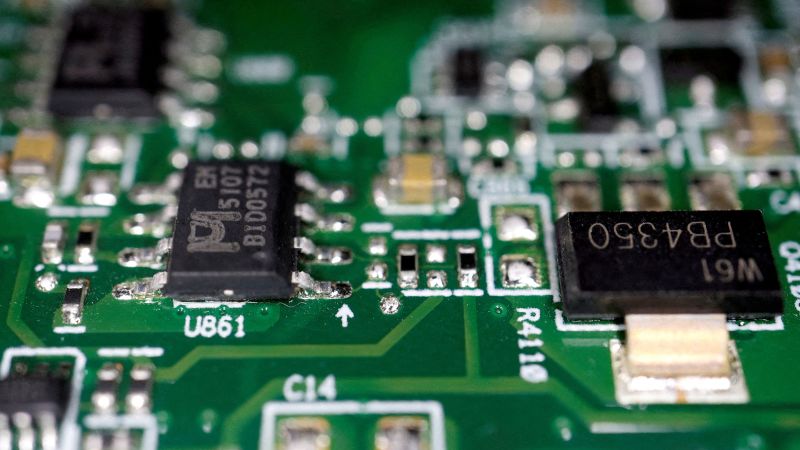President Donald Trump announced plans to impose tariffs of approximately 25% on auto imports, semiconductors, and pharmaceuticals shipped to the United States, with the measures set to take effect as early as April 2. This decision follows his recent implementation of a 10% tariff on goods from China and 25% tariffs on steel and aluminum imports. Speaking at his Mar-a-Lago resort in Florida, Trump indicated that tariffs on semiconductor chips and pharmaceuticals could rise further over the course of a year, although he aims to provide companies time to relocate their factories to the U.S. to avoid these levies. “We want to give them a little bit of a chance,” he stated.
The announcement aligns with Trump’s broader push for reciprocal trade policies and reshoring strategic industries, following an investigation into other nations’ tax and tariff policies. Economists and industry experts warn that these steep tariffs could have significant repercussions, raising costs for businesses and consumers. For instance, automobile prices could increase by thousands of dollars, impacting nearly half of U.S. vehicle sales that rely on foreign imports.
Details remain unclear regarding whether the 25% tariff will apply universally or exempt cars manufactured in Mexico and Canada under a free trade agreement signed during Trump’s first term. In the semiconductor industry, where U.S. firms like Nvidia dominate but outsource manufacturing to Asia, companies such as Taiwan Semiconductor Manufacturing Company (TSMC), Samsung, and SK Hynix could face substantial challenges. TSMC’s Arizona plants, announced in 2020, remain on schedule, though the company declined further comment.
In the pharmaceutical sector, the U.S. imported over $176 billion worth of drugs and related goods in 2023, primarily from Europe, India, and China. Ireland led pharmaceutical imports at 20.4%, followed by Germany, Switzerland, India, and China. These regions could experience significant impacts from the proposed tariffs. — news from CNN
